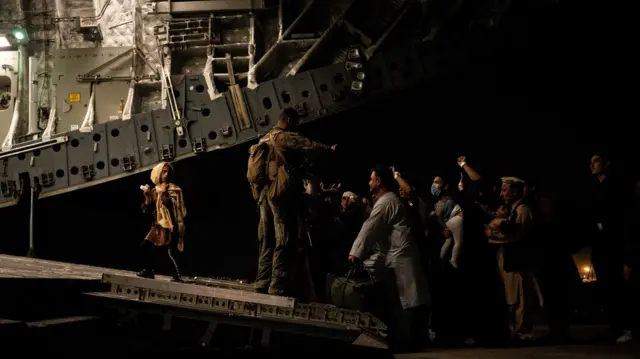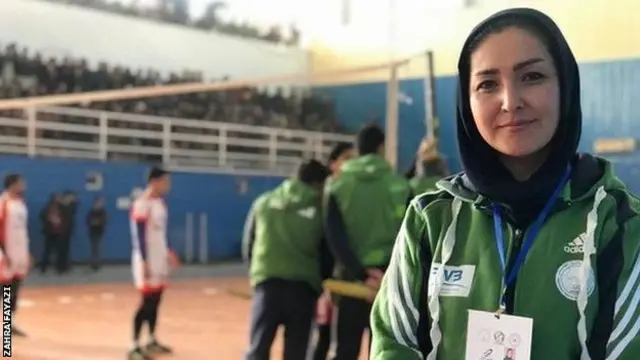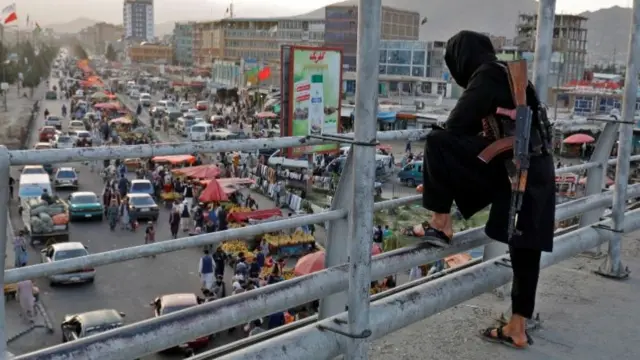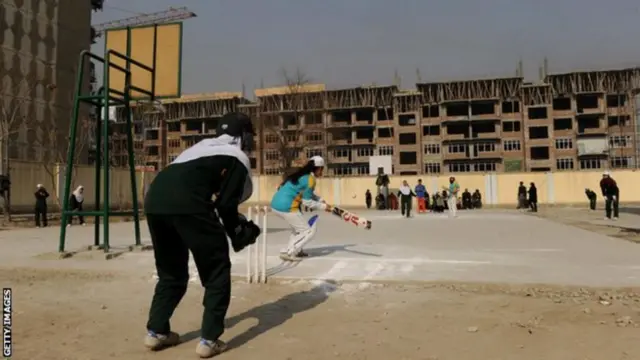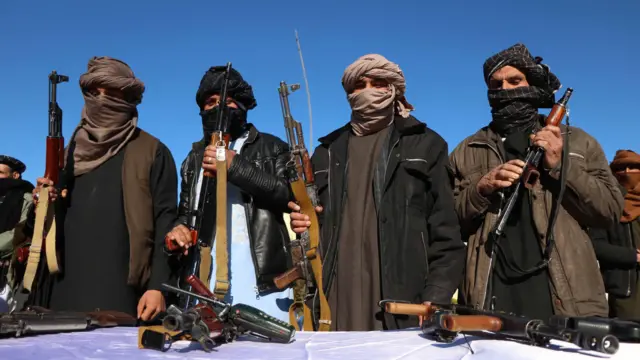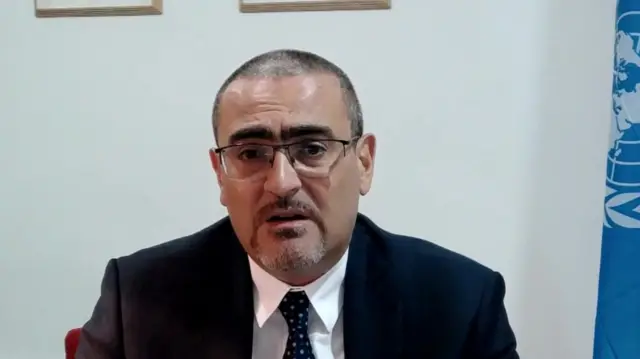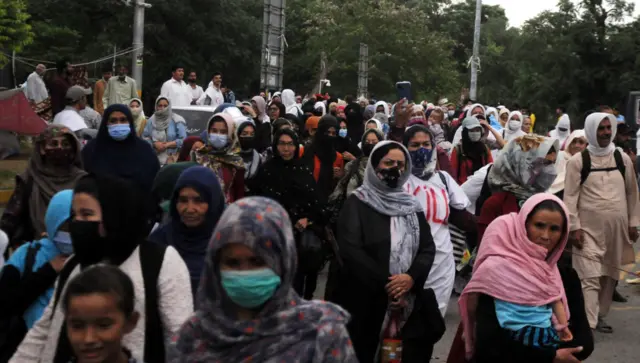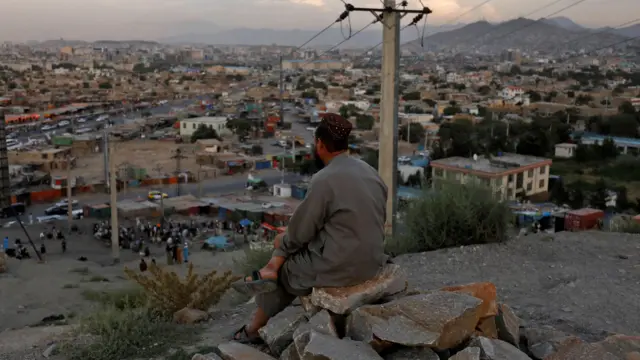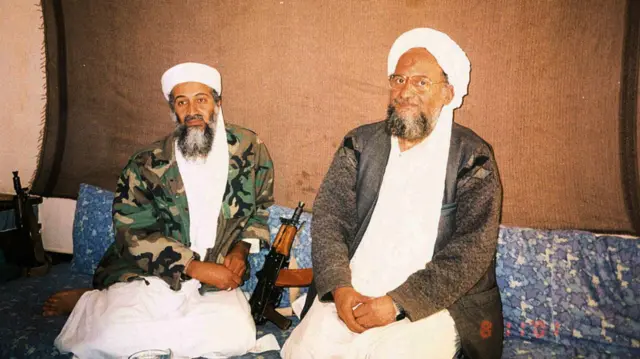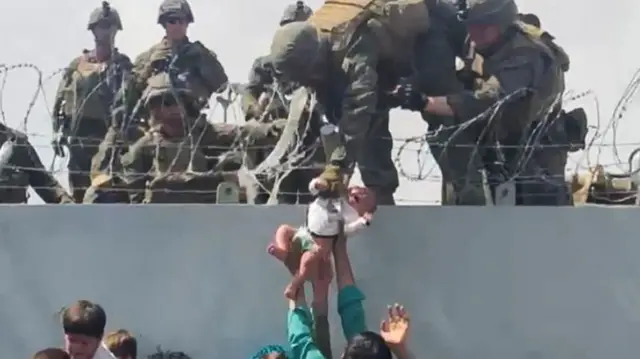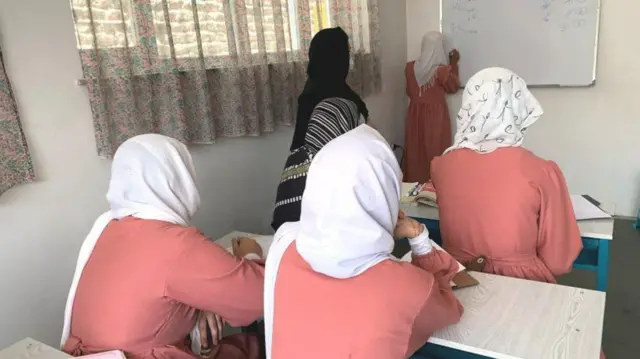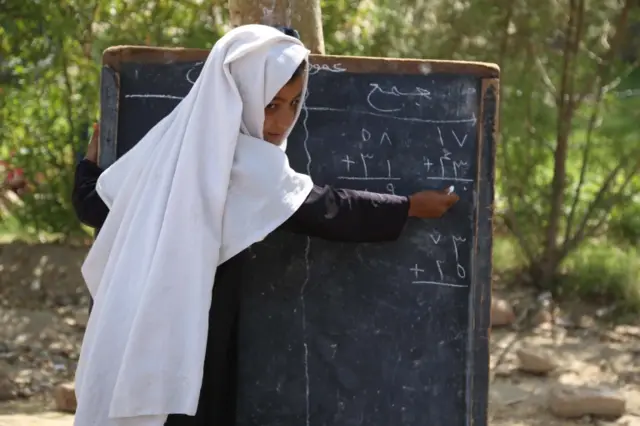That's all for nowpublished at 19:37 BST 15 August 2022
We're now bringing this page to a close.
The Taliban have marked the first anniversary of their takeover of Afghanistan by parading in the streets of Kabul and declaring a national holiday.
But the UN has warned that millions face malnutrition and urged the world not to forget the plight of the country's women and girls.
We'd like to thank our correspondents who have answered dozens of questions from our readers on issues ranging from girls’ education, to armed resistance to the Taliban, to the recent killing of al-Qaida leader Ayman al-Zawahiri in Kabul. And thanks too to our readers for all your thoughtful and interesting questions.
The BBC has much more coverage from Afghanistan, including:
- Chief International Correspondent Lyse Doucet's reflection on what the Taliban’s takeover has meant for ordinary Afghans
- This powerful video report by Yogita Limaye on the newborns fighting for survival in Badakhshan's maternity wards
- Afghanistan correspondent Secunder Kermani's interview with a Taliban sniper who now works in an office – but misses the fight.
And we will of course continue to cover developments in Afghanistan on our news pages.
